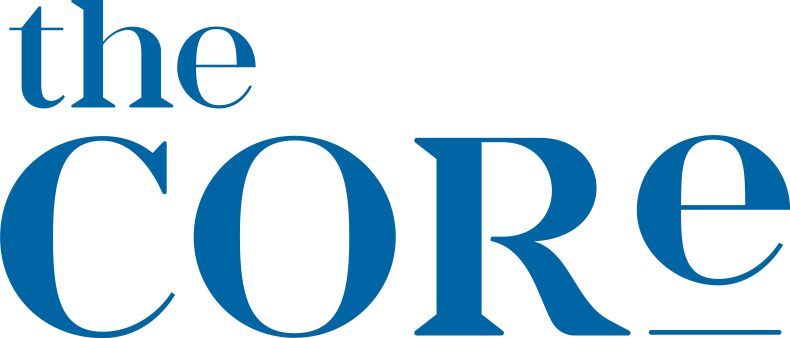When the Job Becomes a Core Part of Identity
In this era defined by volatility, uncertainty, complexity, and ambiguity -the so-called VUCA world—leaders and teams must continually adapt and reconsider what constitutes professional success. A recurring theme in my coaching practice is the challenge faced by individuals who anchor their sense of self to their job role. While this deep identification can drive extraordinary commitment and outstanding results, it also introduces substantial challenges for both the individual and the organization.
A Case from Coaching Practice
Recently, I coached a talented manager who was facing persistent problems with a group leader in the Construction department. This group leader, highly competent and deeply dedicated, was convinced that the organization’s achievements hinged exclusively on her personal involvement. Despite repeated guidance from senior management to delegate more responsibilities and establish healthier boundaries, she continued to micromanage and work excessive hours, including weekends and holidays.
The impact of this approach is multifaceted. Overidentification with her role affects her physical and mental health, limits the team’s growth, and undermines autonomy among her direct reports. Suggestions to change her approach are perceived as direct challenges to her identity, triggering discomfort and resistance.

Understanding the Dynamics
This scenario is common. When professionals, like this group leader, derive their self-worth and purpose primarily from their job title, any attempt by their manager to encourage delegation or foster new leadership behaviours can cause genuine anxiety. The underlying fear is a loss – of status, value, or relevance within the organization.
Expanding Identity Beyond the Role
As the group leader was not open to direct coaching, we discussed possible management interventions:
- Reflective Dialogue: If the working relationship allows, the manager might use targeted questions such as, “What strengths or interests do you have outside your current role?” or “How could success also be measured by the growth of others?” Such inquiries can gently broaden perspectives on personal identity.
- Normalizing Change and Vulnerability: By reframing change as a natural evolution toward leadership maturity rather than a threat, leaders can see adaptability as essential in a VUCA environment, and vulnerability as a potential strength.
- Incremental Delegation: Practical experiments with delegation can demonstrate the positive impact of collaborative leadership. A step-by-step approach allows the leader to experience increased departmental efficiency firsthand.
- Supporting Well-being: It’s important to discuss how true leadership combines efficiency with balanced self-care. Promoting mindful detachment, healthy boundaries, and sustainable work habits supports the vitality of both leader and team.
This process can be time-consuming and requires active support from the entire organization. In this case, the manager planned to use these interventions in individual meetings, making it clear that change is expected soon.
Conclusion
Anchoring identity to a single job function is understandable, especially when professional achievement is highly valued. The solution lies in expanding both personal and professional identity, embracing adaptability, and fostering environments where growth and resilience are celebrated collectively.
For the Manager: Leadership, ultimately, is about promoting growth and setting standards for performance.



